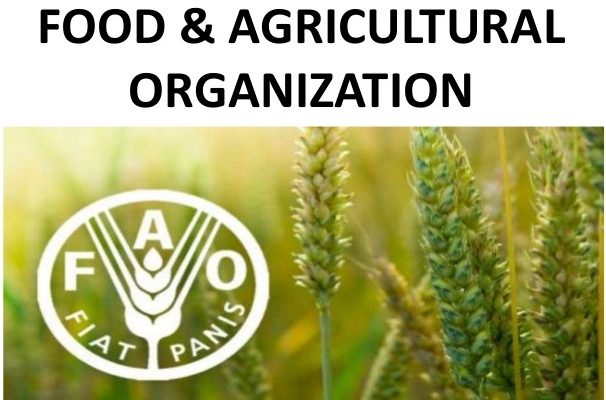
Mr Ibrahim Ishaka, Food System/Nutrition Specialist at the Food and Agriculture Organisation (FAO) of the United Nations, has revealed that Nigeria loses around 50 percent of its agricultural products along the food supply chain.
Ishaka disclosed this in an interview with the News Agency of Nigeria (NAN) on the sidelines of an FAO-organised training in Yola, Adamawa State, on Saturday.

He explained that food waste posed significant challenges to Nigeria’s agricultural sector, impacting food security, economic growth, and environmental sustainability.
“Some of these challenges include technological barriers, inefficient harvesting techniques, pest infestations, and lack of access to modern farming tools, all of which contribute to losses during harvest, largely influenced by consumer behavior,” he said.
Ishaka further highlighted additional factors contributing to post-harvest losses, including: inadequate storage facilities, poor handling practices and poor transportation infrastructure.
“These factors result in significant losses, especially for perishable goods such as fruits and vegetables.
He also noted that inefficient food processing methods, improper packaging, inadequate storage, and unhealthy consumption habits further exacerbate food waste.
“The nutrition expert highlighted several FAO initiatives promoting nutritious and sustainable practices within communities, focusing on reducing post-harvest losses, improving hygiene, and ensuring sanitation.
“These initiatives include investing in post-harvest infrastructure, building community capacity, training, and empowerment programmes, among others.
“I firmly believe that the key to empowering people, particularly in the northeast region, lies in giving them the power to make informed decisions and the power to educate others,” he said.
Ishaka mentioned the establishment of several FAO-supported centres that produce and distribute locally nutritious foods, such as ‘tom brown,’ to combat malnutrition and food insecurity in the region.
Ishaka mentioned the establishment of several FAO-supported centers that produce and distribute locally nutritious foods, such as ‘tom brown,’ to combat malnutrition and food insecurity in the region.
“These centres are run by local communities, promoting community-led initiatives to improve food security.”
He expressed optimism that the training would have a long-lasting impact on participants and their communities, enhancing overall well-being and food security through the adoption of best nutrition practices.







